HOW IT ALL BEGAN
MAN may well not be able to live on bread alone, so give him cake. Add in quality pies and pasties and you have the basic ingredients not only for sustained business success, but also for the stuff of the East Lancashire legend that is W.H. Oddie Limited.
W.H. Oddie Limited is a family bakers, confectioners and local institution, which celebrated its centenary in 2005.
ODDIE’S has survived:
- Two world wars and their food scarcity
- The Great Depression of the 1930s when no one had the money to buy anything except the most basic necessities and the company was forced to ask staff to take wage cuts
- The decimation of Lancashire’s cotton industry, which in turn destroyed the communities, whose residents were once its best customers
- And perhaps the biggest threat of all – the seemingly unstoppable rise of the all powerful supermarket cartel, which is swallowing up so many local high street businesses
(below) The Oddie Family – 1914
FOUNDING FORCE
W.H. Oddie Limited was founded by William Henry Oddie, the grandfather and great-grandfather of today’s heads of the firm, who are father and daughter duo Mr Bill Oddie and Ms Lara Oddie.
William Henry was born in the Ribble Valley village of Chatburn in 1882 and was of farming stock – the Oddie’s can trace their ancestry back to the earliest records, with a 1555 entry having them work the land around nearby Rimington.
But rather than keep his back to the plough, William Henry decided to become a baker, which in those days of rising before dawn to fire up the oven and doing everything by hand was no easy option.
Undeterred, he served his apprenticeship under Mr George Porter, of Accrington. He then went to work with his two older sisters, Amy and Annie, in a small bakery business in Albert Road, Colne. Shortly afterwards, he met his wife Jane. For the marital home, William Henry bought premises at 14 Primet Bridge, Colne, which he also converted into a bakery and shop – his bakehouse was the cellar.
The couple worked the business together, living on the second floor, which is where their only child, a son christened John but more widely known as Jack, was born in 1912. Six years later, William Henry bought his second shop in Leeds Road, Nelson, along with the premises next door into which he transferred his bakehouse.
He installed his in-laws as residents, making his father-in-law its first manager. However, the shop later became known as ‘Ona’s’ after a lady called Ona Hodgkinson, who was its manageress for more than 56 years.
Ona, who had begun working there as a 14-year-old, was a woman of character, who regularly kept the shop open until after 7 p.m. so that whatever their shifts at the mill, regular customers would not miss out on their daily bread!
William Henry also employed his two younger sisters – Beatrice, who managed the confectionery department, and Bertha, who was in charge of despatch until her untimely death in 1968, when she was run down by a motorbike on the canal bank.
In 1919, William Henry opened his third shop at 29 Scotland Road, Nelson, and then began renting part of a fourth building in the town, which he used for baking bread and teacakes.
In the early 1920s, he bought out a rival firm, Ogden and Son, which had premises at 129 Scotland Road. Today, this is the company’s main base, but back then, what is now office accommodation, was a large function room with capacity for more than 200 guests. It became known as Oddie’s Assembly Rooms, a popular venue for weddings and other parties, with Oddie’s providing the catering. This venture into catering encouraged the company to add a café to its other Scotland Road shop, where you could buy a three-course lunch for two shillings.
(below) Grand Cinema Shop, 1931-32
ODDIE’S EXPANDS
As ODDIE’S expanded into Burnley, it opened another two cafés – one above a parade of shops in St James’s Street in the town centre and another on the second floor of the Savoy Cinema, which used to stand at the bottom of Manchester Road. Known as the Savoy Café, it was its chefs that created ODDIE’S famous cream Savoys – a large drop sponge bun that was halved and then re-connected with generous amounts of apricot jam and thick cream. Such was the demand for Savoys, they were soon on sale in all ODDIE’S shops.
Although ODDIE’S continued to expand its number of shops under Jack and nowadays under Bill and Lara, all its cafés had closed by the end of the 1950s. Explains Lara, ‘The cafés were very popular, but unfortunately, not very profitable.
‘The problem was that they were very plush and all meals were served silver service so high numbers of staff were required. However, many customers just used to pop in for a tea or coffee and then spent all day chatting. There was no minimum cover charge, which is a common feature in cafés and restaurants today. If you ever visit the Black Horse pub, Hellifield, for lunch you’ll see the silverware they purchased from us, still bearing the W. H. Oddie Limited stamp!
Continues Lara, who has a younger brother, Jeremy, an artist, sculptor and teacher at Oundle School, ‘Yet in some ways, we’ve gone full circle as our shops have become kind of cafés. The nature of our business has changed. Our bread and butter is no longer the 1lb and 2lb family loaves or the family-sized pies and cakes on which we built our reputation. Supermarkets now mass produce such goods and can sell them at prices for which we cannot even buy the ingredients.
‘Instead, we’ve become more of a fast food, breakfast and lunchtime snack provider. We sell more than 20,000 breakfast barm cakes and sandwiches a week, most of which are made up in the shops to customers’ instructions. Although we keep to the same recipes and where possible, buy only from local suppliers, most of our pies and pasties are now individual portion size. We’ve added lines such as soups, drinks and crisps and expanded our range of confectionery items. On the confectionery side, although some traditional, labour intensive lines such as wine slices, Battenburgs and macaroons have gone, choice has been increased with doughnuts, Danishes and American muffins.’
ODDIE’S CENTENARY
Yet for all these changes, ODDIE’S won Britain’s ‘Best Baker of the Year Award, 1993’. It also scooped the British Baking Industry’s top accolade in 1996 when it was judged ‘Traditional Confectioner of the Year’. And though Christmas cakes may be another line that has fallen victim to supermarket competition (the firm has replaced them with simple fruit slabs), ODDIE’S still makes a range of other celebration cakes to order, all of which are iced and decorated by hand. It also hand fills its cream cakes and hand fruits its Eccles cakes!
With an ‘Investors in People’ award, ODDIE’S also supports staff wanting to make their trade a craft by encouraging them to gain qualifications in master baking. ODDIE’S therefore still produces bread sculptures such as harvest sheaths, plaits and wreaths, which it donates to local churches and community organisations. It is also a long-standing and committed supporter of Pendleside Hospice, which serves the local community.
In addition, as part of its centenary celebrations, ODDIE’S launched a ‘Butties for Books’ scheme, with customers collecting stickers on the purchase of butties (sandwiches), which could be exchanged for book tokens for local schools.
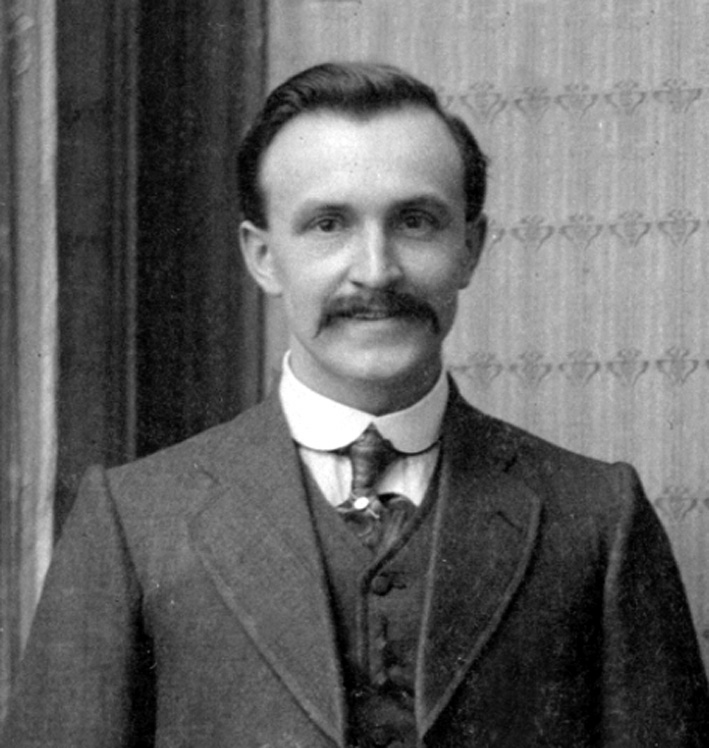
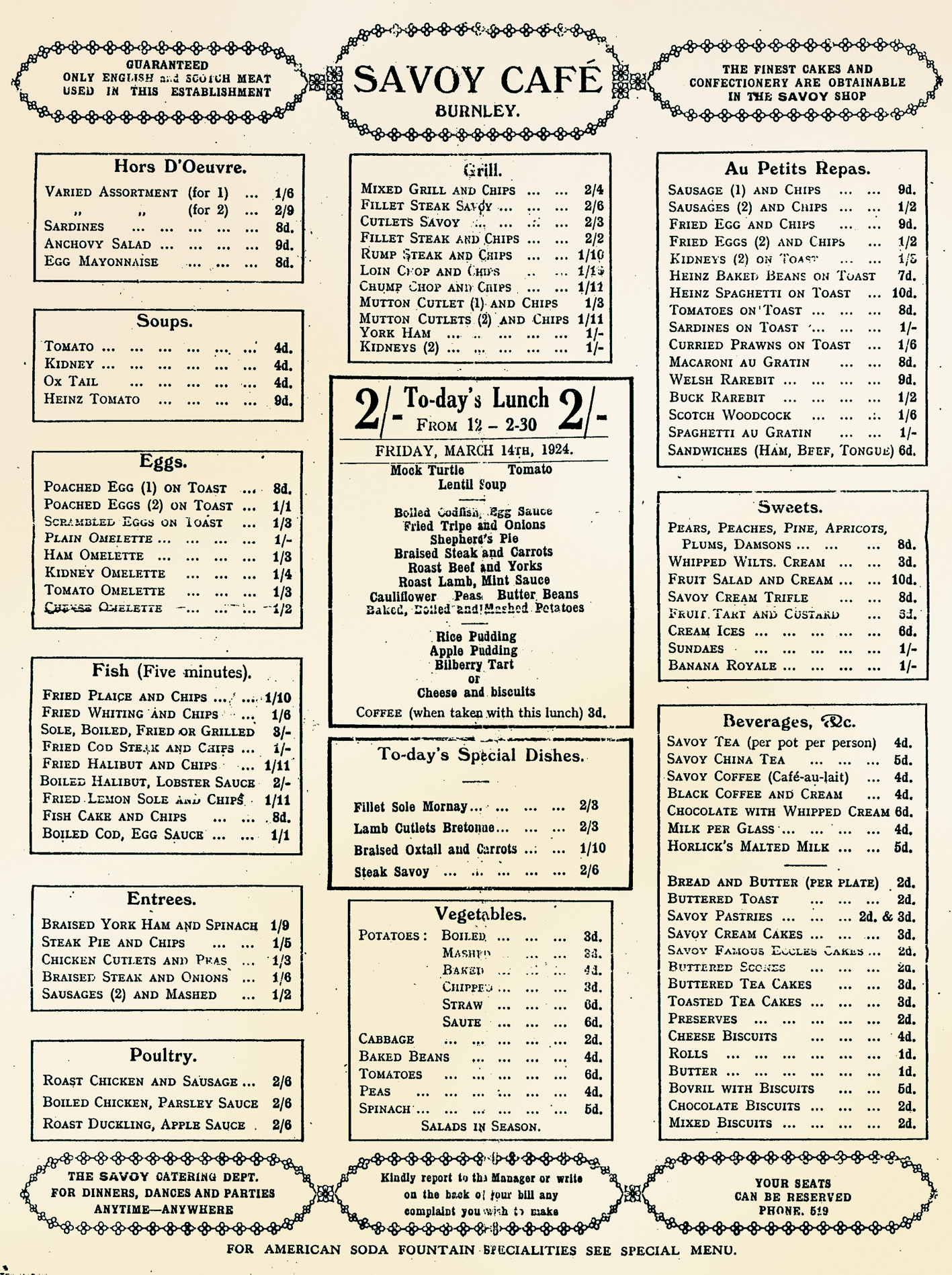
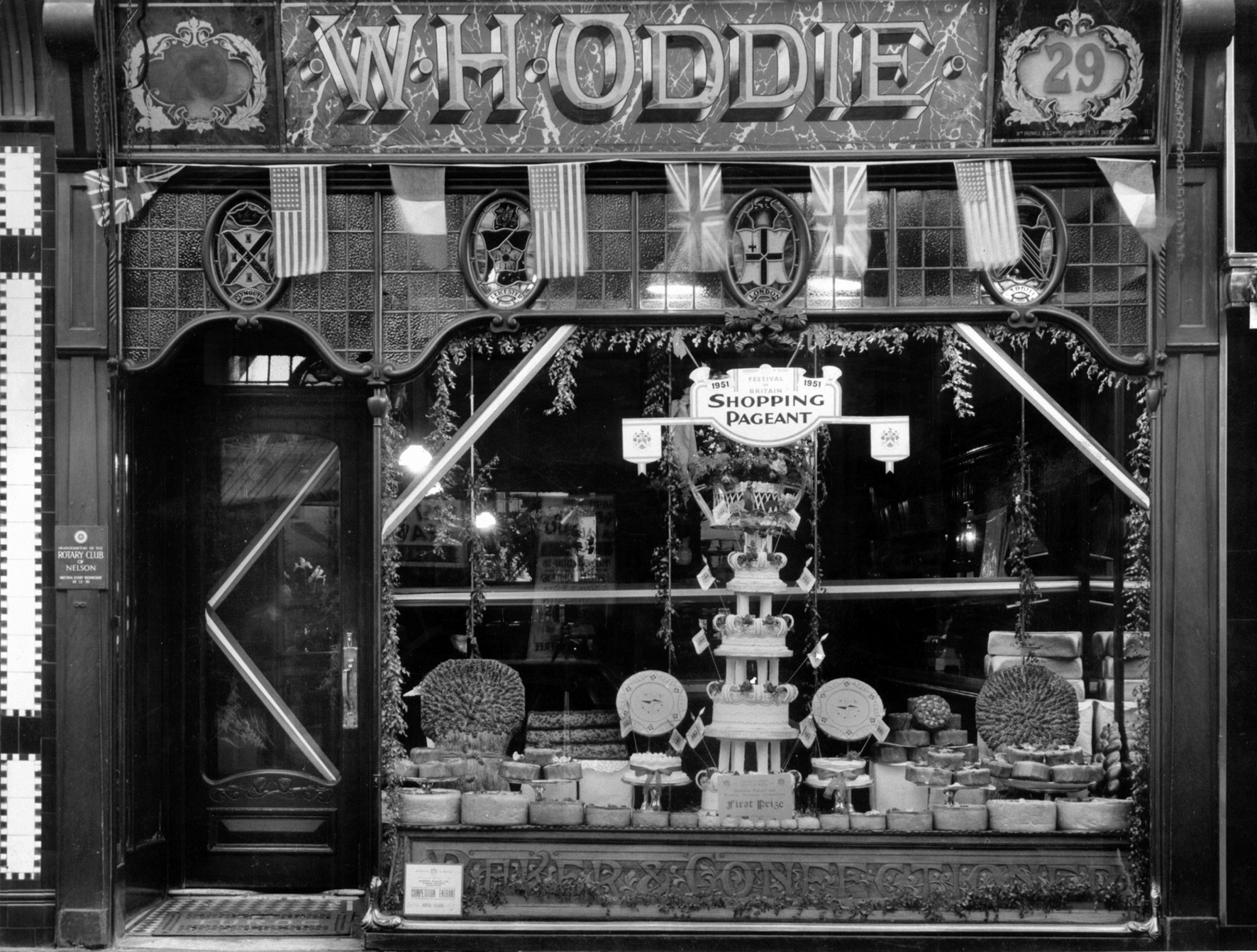
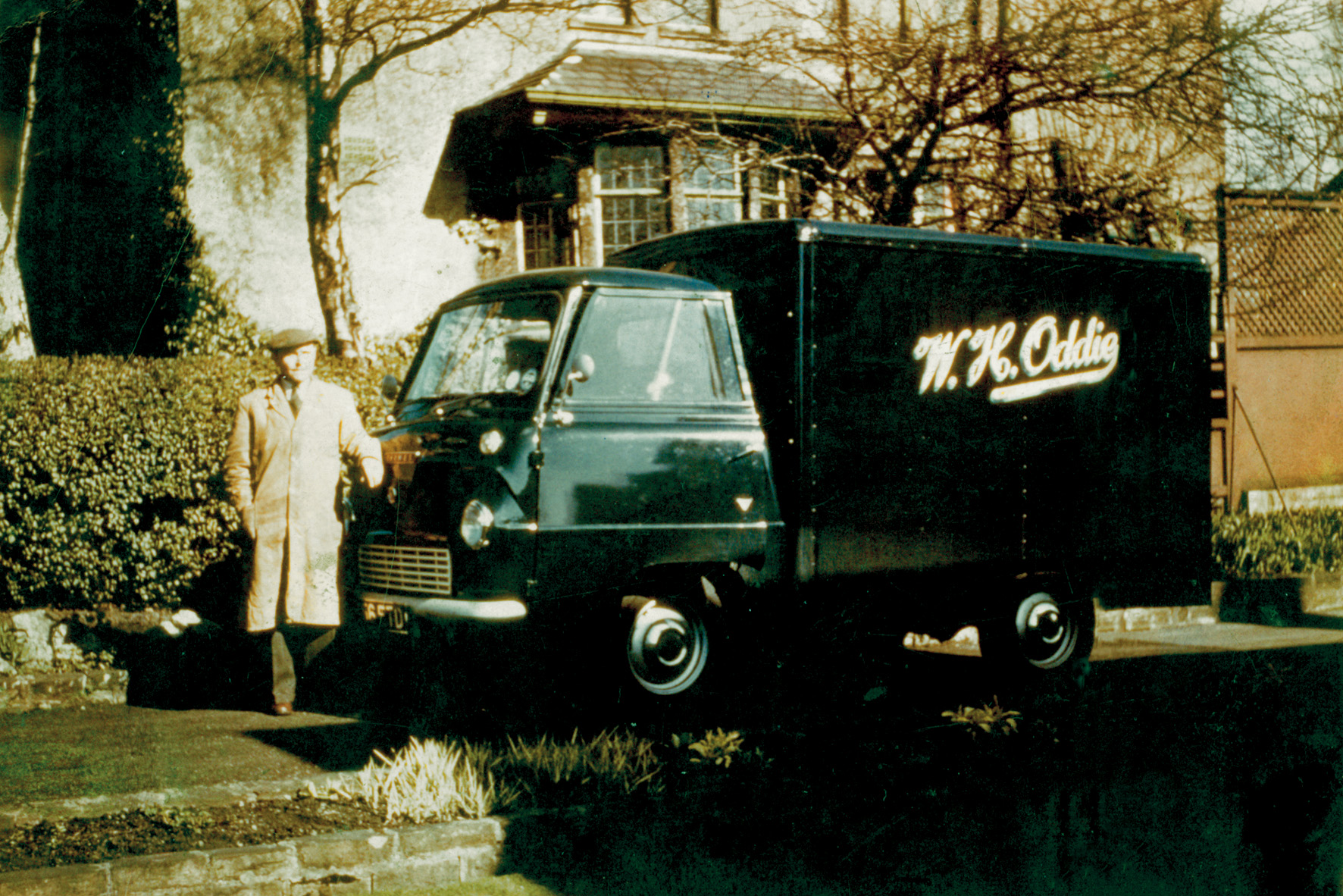
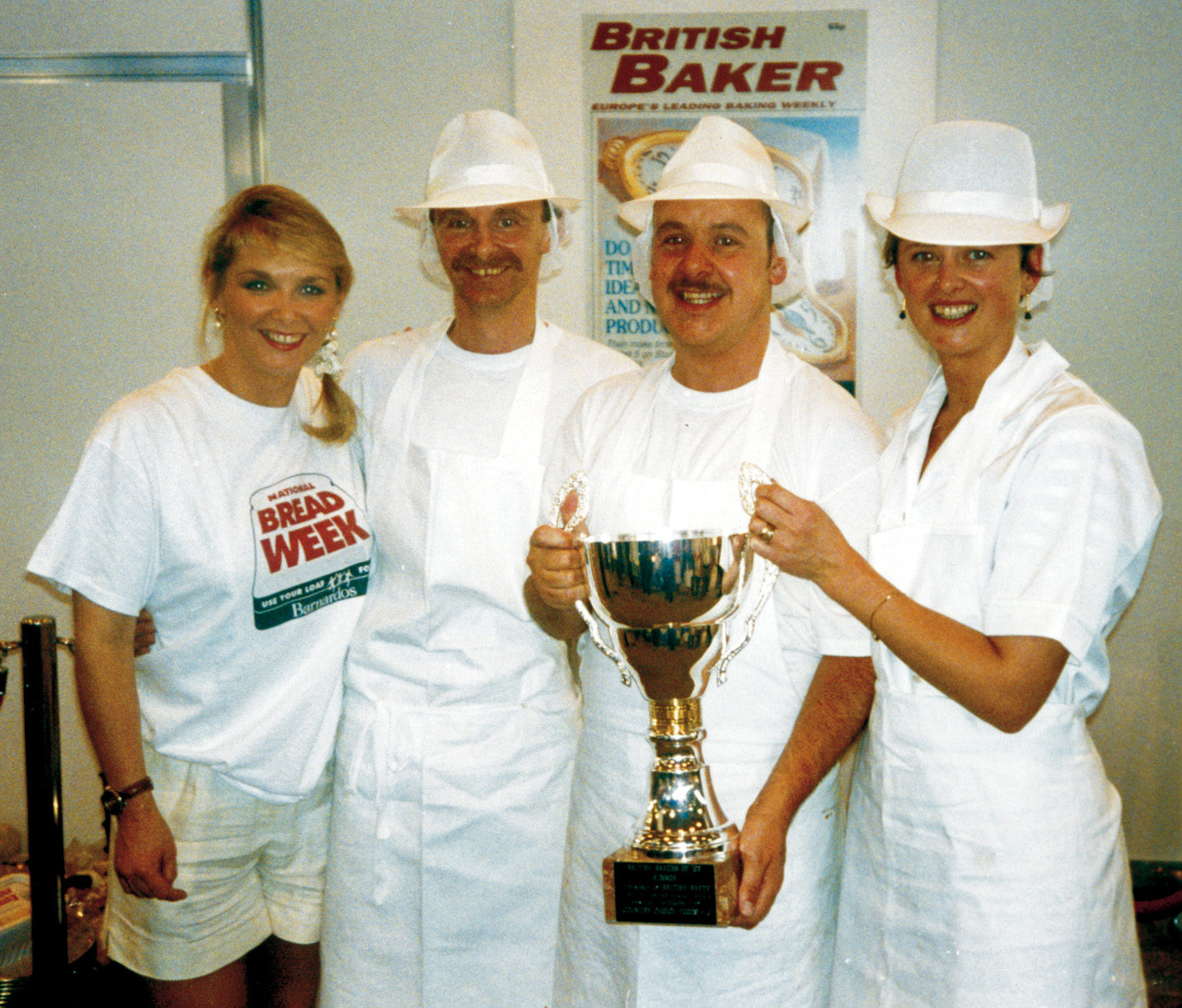
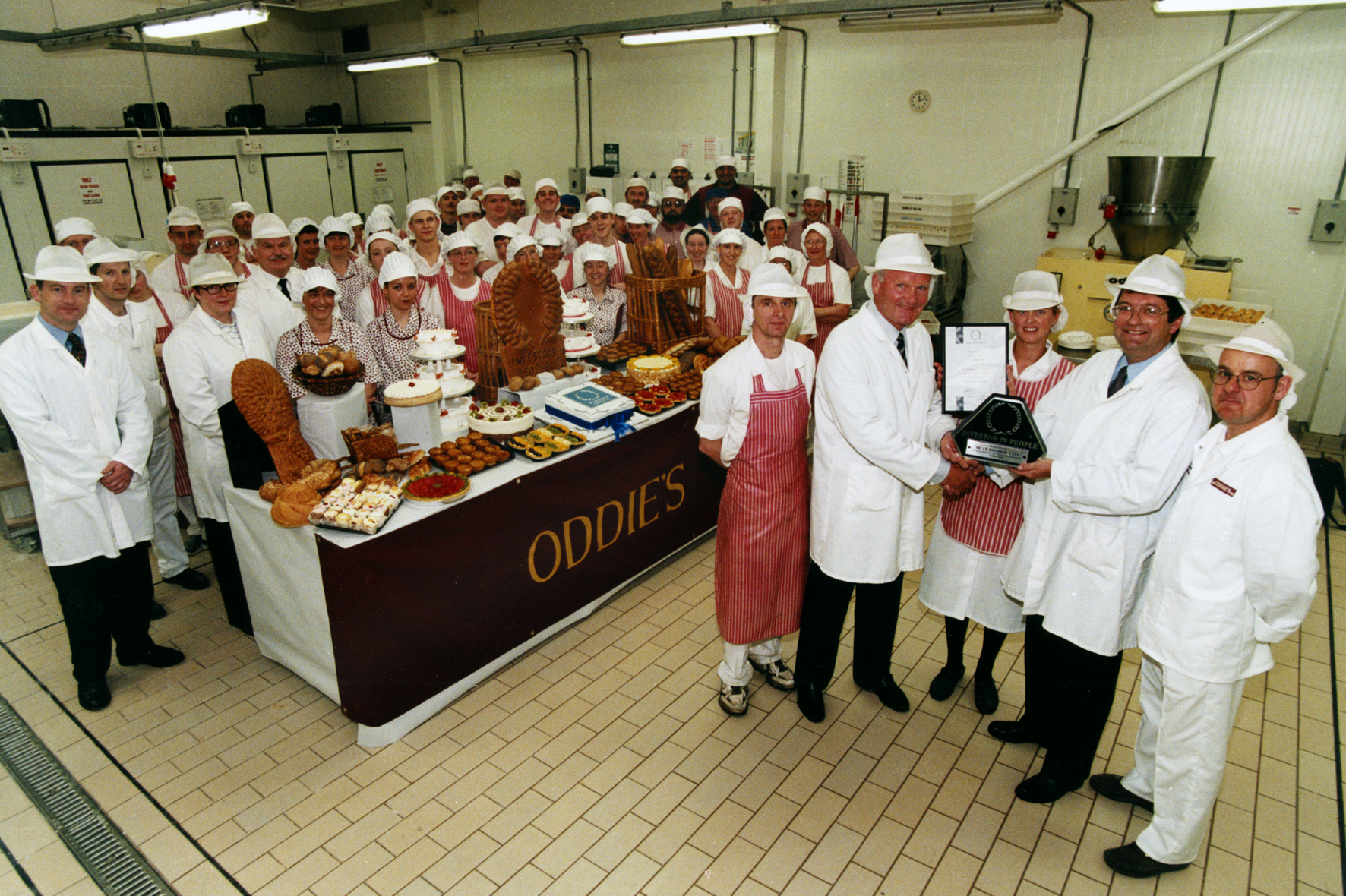
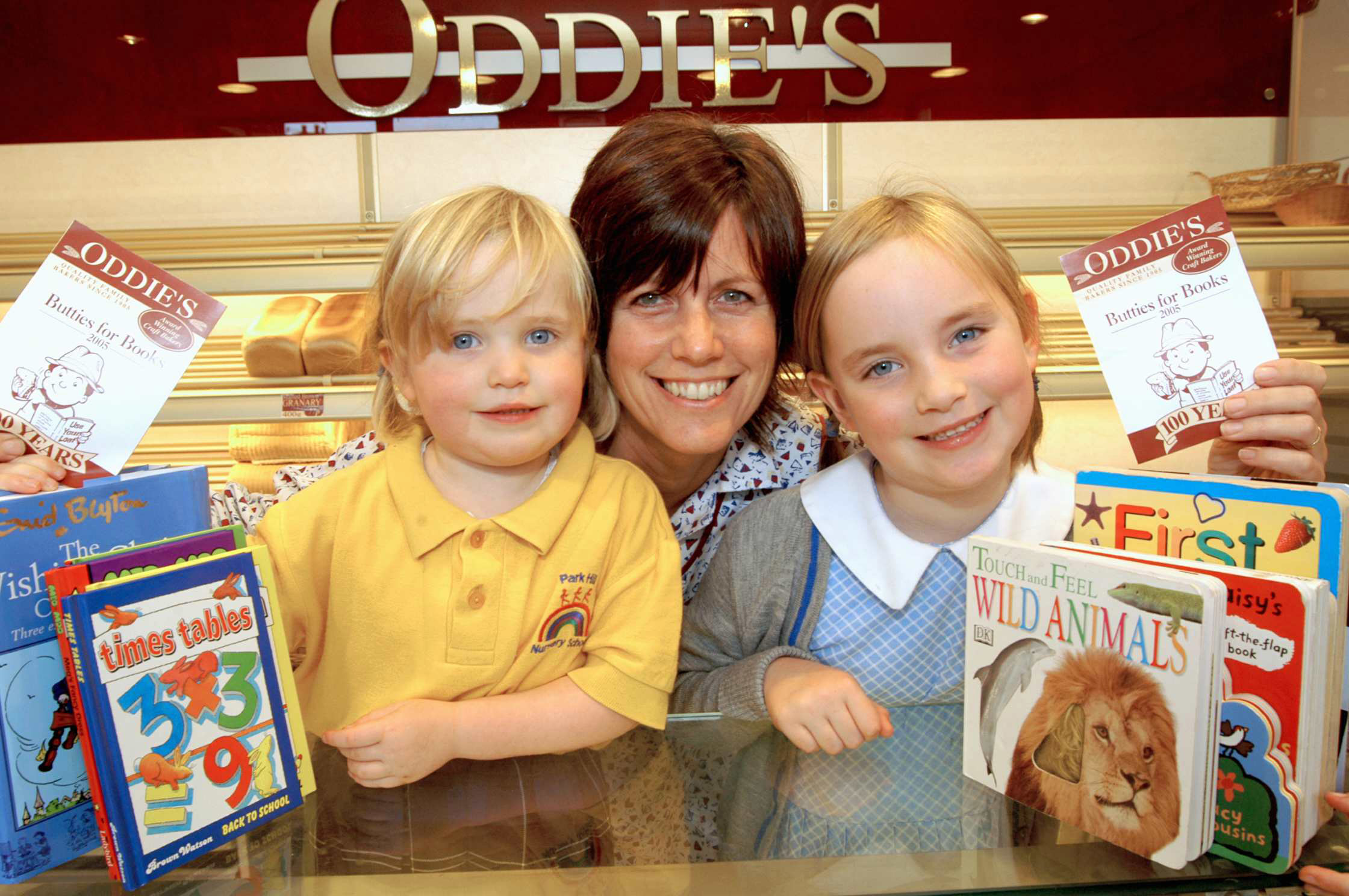

Get Social